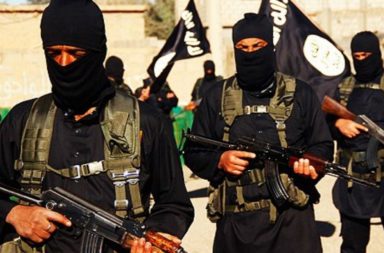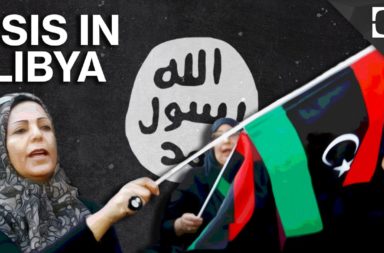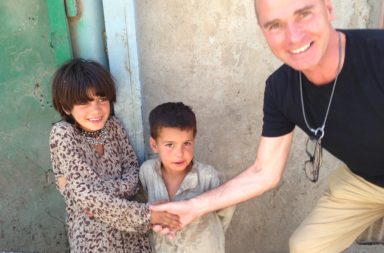One of my priorities always was the progress of a nascent, western-style democracy, and the people who had developed the capacity to make this dream a reality.
I started out 4 years ago utterly skeptical of the idea. When parts of the Kurdish population first started to talk seriously about a bottom-up democratic society in which all ethnicities were to be treated equally, I frankly didn’t think it could be done.
The distrust between Northern Syria’s various ethnicities, Kurds, Suroye (Christians Assyrians), (mostly) Sunni Arabs, and Turkmen, was considerable, to say the least.
Even among the Kurdish tribes in Rojava, the political idea of a multicultural democracy was far from unanimously accepted.
But when I visited Syria again in 2014 and in 2015, this time as a freelance journalist, I was stunned at how much had been accomplished in such a short period of time.
- In the shadow of a brutal war, three cantons had been formed. Each with a level of autonomy that is comparable to cantons’ in the state of Switzerland.
- A constitution has been enacted that provides, for example, that 40 percent of all parliamentarians have to be women.
- Regional administrations have been set up.
- Military and police provide for the people’s security.
The military formation SDF (Syrian Democratic Forces), which consist in part of fighters from the Free Syrian Army, Sunni – Arab tribes, Christian Suryoye and Kurds,was put together to combat the threat posed by the Islamic State. It enjoys Nato support, both from the air and on the ground, while also receiving materiel-support from Russia.
Militarily it has a de facto neutral stance towards the regime in Damascus, while acting as a kind of political opposition.
Some Kurdish factions as well as some of the Suryoye are said to still support Assad. Other Christian factions remain firmly neutral.
It could well be, that this new construct, however fragile it still appears, could pave the way for an inclusive democratic system that respects all of Syria’s ethnicities. It could and should become a blueprint for how stability and democracy can indeed become attainable in Syria, and beyond.
The conversations I had in Rojava speak volumes to this desire, and everybody I met here is fighting to reach this goal.
If you have enjoyed this story, please check out our Globalo Youth Peacemaker Tour, where we travel across many countries in the Middle East to find examples of peaceful coexistence between different cultures and religions in a region torn by violence and war.
Donations:
Simon Jacob – Project Peacemaker 2015
Konto 1550633 / BLZ 72050000 / Stadtsparkasse Augsburg
IBAN: DE11 7205 0000 0001 5506 31 BIC:AUGSDE77XXX
Paypal: donation@peacemaker-tour.com





